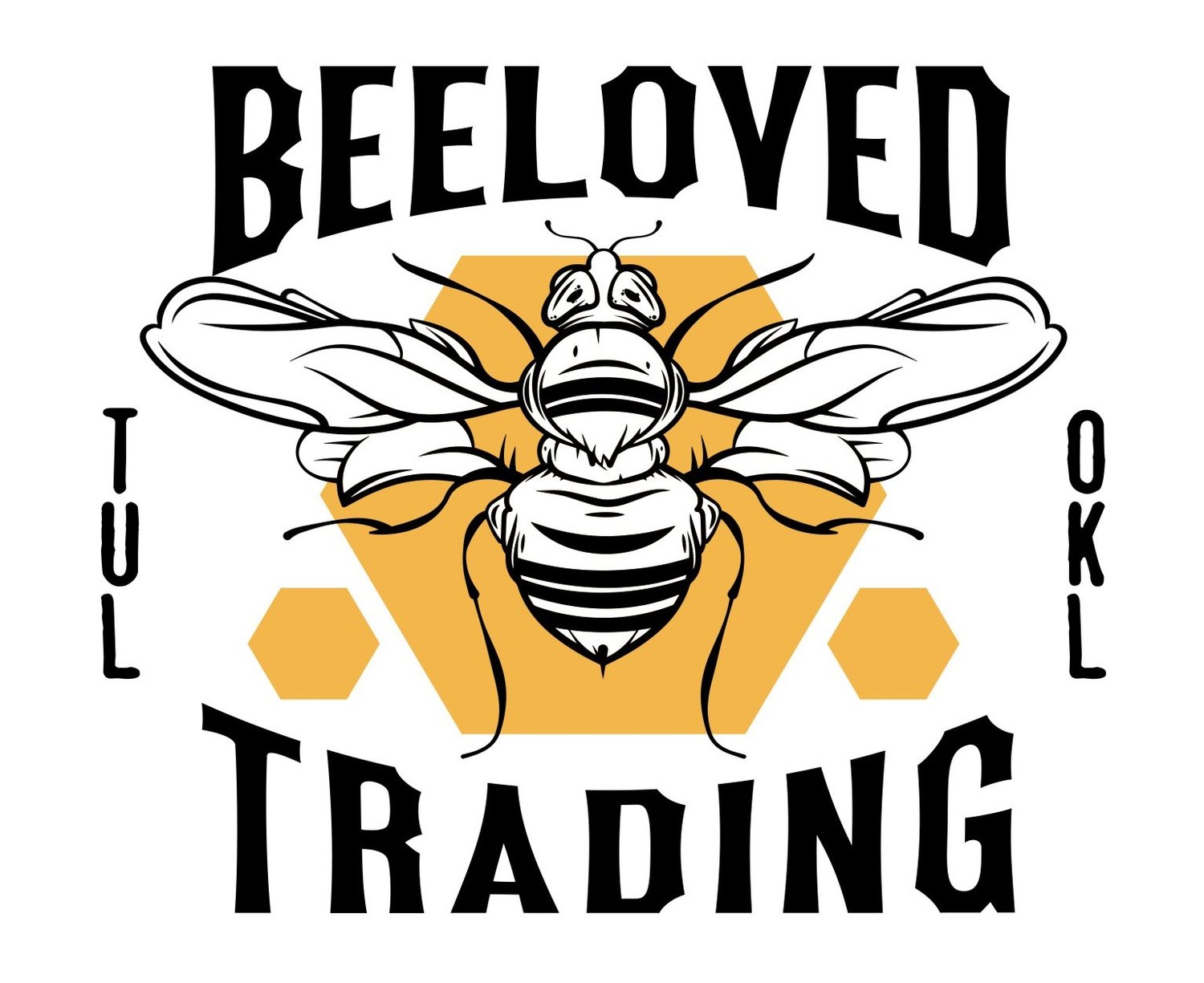Seven Things You Can Do To Save the Bees
We’ve told you little bit about the risks honeybees face and what you can do to help. Now we’re going to get practical and give you some specific ways you can help impact the honeybee population right where you live.
The honeybee population has decreased by 50 percent over the last seventy years. As most of us know, bees pollinate – most usually think about that in regards to flowers – forgetting that in reality most of our food that comes from plants and trees also need to be pollinated. Bees truly are an essential part of our ecosystem. Beekeepers believe this rate of death is double what is sustainable. There are many things that could be the cause of this, including environmental stress, loss of habitat, toxins, reduced pollen, and bacteria.
If more of us do what we can to help save and preserve honeybees, we can help rebuild the population and sustain our natural food source.
Seven things you can do to help the honeybees:
Grow a pollinator plant. Whether you have a window box outside your apartment, or a full garden in your back yard, providing whatever wildflowers are most common in your region (which can be found at pollinator.org) is the easiest, most effective step.
Reduce pesticide usage. While pesticides can be used to rid your garden of bad bugs, they can also scare away good bugs too. Once pesticides get into the water system, there is no going back.
Buy local honey! Local honey can have numerous health benefits, including reducing your experience with allergies. You are also supporting local beekeepers, helping them provide pollination for the rest of your local community.
Eat organic food. Going to a farmers market or local grocery store and purchasing organic food makes a huge difference! You are telling local producers that you want them to continue taking care of the earth and providing pollinator plants.
Learn about honeybees. Did you know that bees have five eyes? Did you know that a queen bee can lay up to 2,000 eggs per day? Did you know that bees fly about 20 MPH? Educating yourself on bees will not only make you more interesting at the next party you go to, but also can help you advocate for bees.
Support community gardens. This can be a great way to grow your own plants, or even if you do not, see if there is an option to purchase fruits and vegetables from your community garden.
You can donate to BeeLoved Trading. We provide vocational training for those who need job experience, local honey, and plenty of pollinator plants that create opportunities for our bees.
